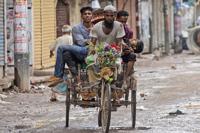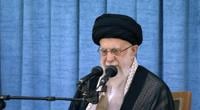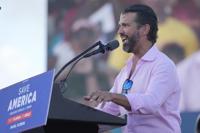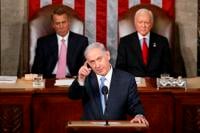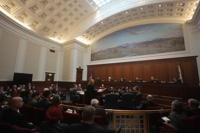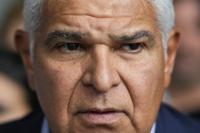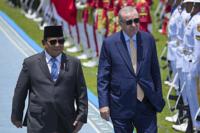GENEVA (AP) ÔÇö The U.N. human rights office on Wednesday estimated that up to 1,400 people may have been killed in Bangladesh over six weeks last summer in a crackdown on student-led protests against the now-ousted former prime minister.
In a new report, the Geneva-based office says security and intelligence services ÔÇťsystematically engagedÔÇŁ in rights violations that could amount to crimes against humanity and require further investigation.
Citing ÔÇťvarious credible sources,ÔÇŁ the rights office says as many as 1,400 people may have been killed in the protests between July 1 and Aug. 15, and thousands more were injured, ÔÇťthe vast majority of whom were shot by BangladeshÔÇÖs security forces.ÔÇŁ
U.N. human rights chief Volker T├╝rk cited signs that ÔÇťextrajudicial killings, extensive arbitrary arrests and detentions, and tortureÔÇŁ were conducted with the knowledge and coordination of the political leadership and top security officials as a way to suppress the protests.
The U.N. fact-finding team was deployed to Bangladesh at the invitation of the country's , the Nobel Peace laureate , to look into the uprising that ultimately drove longtime Prime Minister Sheikh Hasina to flee to India.
What began as peaceful demonstrations by students frustrated with a quota system for government jobs unexpectedly grew into a against Hasina and her ruling Awami League party.


